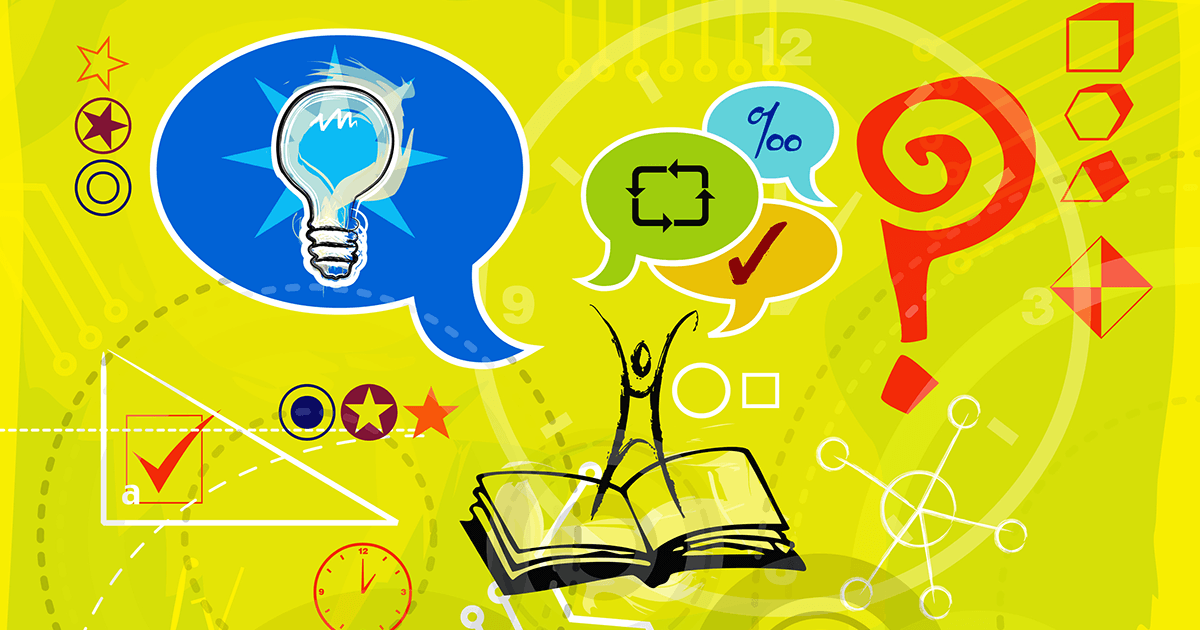In the ever-evolving landscape of education, the relatively new field of neuroeducation holds the promise of transforming the way we approach teaching and learning. But what exactly is neuroeducation, and what are its goals? How is it being applied in classrooms right now? Could unlocking the secrets of the mind unlock the potential of education?
What is neuroeducation?
Neuroeducation is an emerging, interdisciplinary field that combines principles and research from neuroscience, psychology, cognitive science, and education to better understand how the brain works in the context of learning and education. Put simply, neuroeducation offers a scientific understanding of how people learn.1
What are other terms for neuroeducation?
Neuroeducation is known by many names! Other terms for neuroeducation are neuropedagogy; brain-based learning; educational neuroscience; neurodidactics; and mind, brain, and education (MBE).2
What is the goal of neuroeducation?
The goal of neuroeducation is to use insights from brain science to inform and improve educational practices, curriculum design, teaching methods, and educational policies. By better understanding how people naturally think and learn, educators can develop learning experiences that are more engaging and effective.1
Three examples of implementing neuroeducation in the classroom
Although neuroeducation is a relatively new field, it is already beginning to make an impact in the classroom. Here are three ways neuroeducation has influenced traditional education:
- Neuroeducation research has found that learners can absorb information more effectively in short, specific bursts rather than longer, traditional lessons. This finding has led to a technique known as “microlearning.” Microlearning involves delivering information in small, focused units that are centered around a single topic, concept, or skill. The brief duration and focused content of microlearning help students understand and retain information 17% more effectively than learning through traditional teaching methods.3
- Researchers have pinpointed the ideal amount of sleep that people need in different stages of life, finding that school-aged children need nine to 12 hours of sleep and teens need up to 10 hours of sleep.4 In response to this information, some schools have started to shift their start time to later in the morning in the hopes that students will be able to get more sleep, which can improve their cognitive functioning.5
- Neuroscientists have discovered that the human brain learns in a multisensory environment. Educators have applied that finding by incorporating multisensory learning in the classroom. To do so, educators use teaching strategies that engage two or more senses. For instance, to teach students to read and write, an educator can have them use their finger to write a word in sand and then sound it out, engaging the senses of hearing, sight, and touch. When an activity uses multiple areas of the brain, students better remember it.6
It's important to note that while neuroeducation offers valuable insights into how the brain processes information and learns, it is a relatively new and evolving field. Practical applications of neuroeducation in the classroom are still being explored and studied. Additionally, every student is unique, and a combination of techniques is necessary to accommodate diverse learning styles.
If you want to advance your teaching career by earning a graduate degree, Walden University’s MS in Education (MSEd) degree program offers practical tools that you can apply immediately in the classroom to support your students’ learning outcomes. Walden’s master’s in education program is offered online for flexibility and convenience, allowing educators to advance their knowledge and skills while working in their own classrooms. The online degree program is designed to accommodate busy schedules, making it an ideal choice for working professionals.
Walden is an accredited university known for its commitment to social change and emphasis on practical, real-world applications of graduate-level knowledge. If you’re an educator seeking to make a difference in the classroom and beyond, Walden’s mission and vision are a great fit for your goals. Additionally, Walden's online master's in education program has 15 specializations, allowing teachers to tailor their studies to their specific interests and career goals, whether it’s integrating technology in the classroom, special education, teacher leadership, or a specific area of study like STEM education, math, or reading. Walden boasts a dedicated and experienced faculty, along with robust support for students, to provide a high-quality learning experience. Work toward enhancing your professional growth and impact as an educator with the MSEd degree program from Walden.
Walden University is an accredited institution offering an MS in Education (MSEd) degree program online. Expand your career options and earn your degree in a convenient, flexible format that fits your busy life.
1Source: helpfulprofessor.com/neuroeducation/
2Source: dictionary.apa.org/neuroeducation
3Source: www.ispringsolutions.com/blog/what-is-microlearning
4Source: www.cdc.gov/sleep/about_sleep/how_much_sleep.html
5Source: www.nea.org/nea-today/all-news-articles/later-school-start-times-more-popular-what-are-drawbacks
6Source: www.waterford.org/education/multisensory-learning/
Walden University is accredited by the Higher Learning Commission, www.hlcommission.org.




